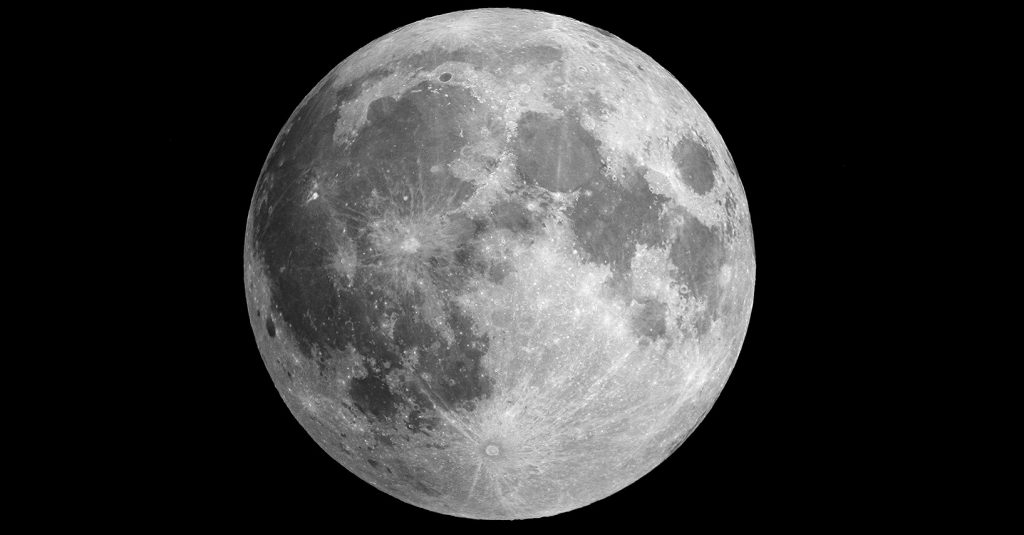
The European Space Agency announced that it has been granted more money than it expected from the 22 member states that fund it. During its meeting in Seville, Spain, representatives from all the countries that make up ESA agreed to fund all of the projects the agency proposed over the next five years. Member states are allowed to choose which programs to invest in, based on what best meets their industrial, scientific, and strategic priorities.
According to ESA director-general Jan Woerner’s live-streamed news conference, the member states have pledged 14.4 billion euros ($15.9 billion) in funding over the next five years. Germany will be largest single funder, providing 22.9 percent of the total. Its industry will get the bulk of the R&D contracts. The United Kingdom has committed to contribute £374 million ($483.4 million) per year over five years, its largest ever investment in the ESA.
According to the announcement, more money than expected has been committed to expand Europe’s Copernicus Earth-observation satellites program. These satellites monitor the status of the planet in a mission that is scheduled to run until 2028. Funding has also been secured for the UK-led TRUTHS mission to help tackle climate change by creating a more detailed survey of the Earth’s climate.
European participation in a new wave of lunar exploration will also be funded. Missions getting backing include sending the first European astronaut to the Moon and participating in building the NASA Lunar Gateway space station intended to orbit the Moon. ESA will also develop new space shuttle and rovers, along with other technologies.
The agency also has Mars in its sights, revealing plans to retrieve the first samples from Mars. It also plans to develop technologies to remove space junk to prevent collisions in space and will send European astronauts to the International Space Station before 2024. A mission to intercept and study a comet in our solar system is also on the schedule.
